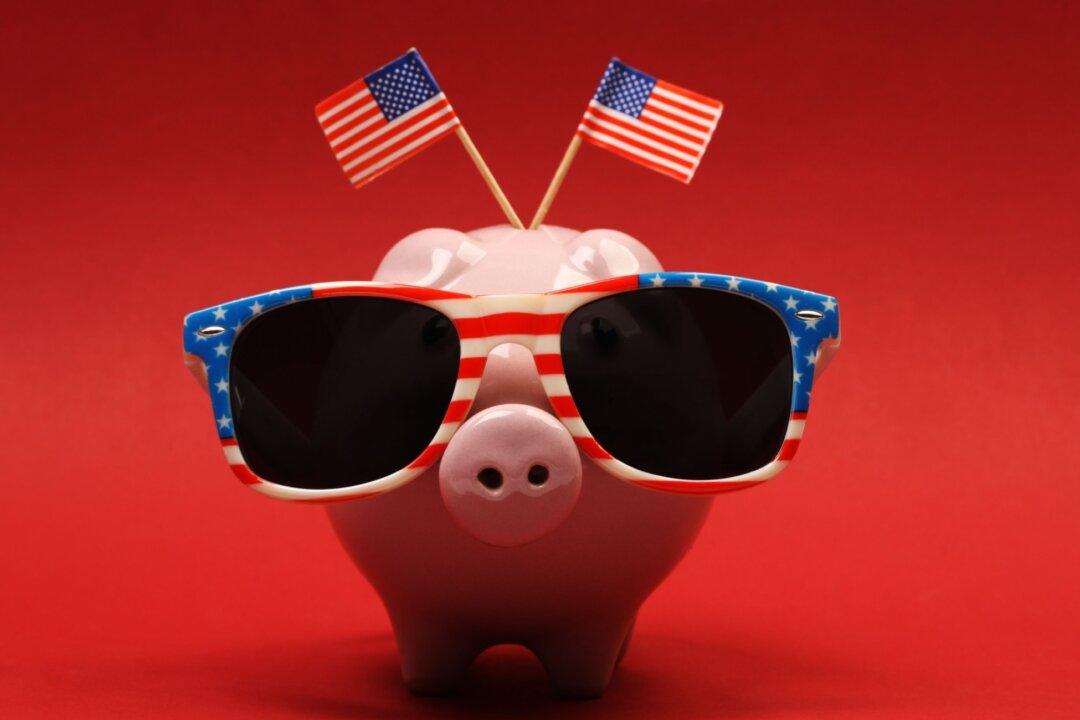The fact that other people own things we want is central to the reason we trade.
There are physical items, such as apples and automobiles, and there are services, such as repairing leaky pipes and cutting hair. But the fact that other people have things we want doesn’t alone explain trade. Other means of acquiring desired things include theft, fraud, and begging, while yet another means is to produce those desired things ourselves.
In reality, each of these means of acquiring things is used. But the single most commonly used means of acquiring desired things is trade, both domestic and international. Trade occurs whenever two individuals voluntarily exchange ownership rights: Jill voluntarily transfers her ownership of an apple to Jack, in exchange for Jack’s voluntary transfer of his ownership of a grapefruit to Jill.
By its nature, trade is peaceful and voluntary; each party to every trade expects to be made better off by that trade. Anyone offered a deal that she believes would make her worse off simply rejects the offer. Of course, there’s always the possibility of fraud or error. But fraud and error mar only a small fraction of actual trades, and neither plays a role in any of the chief arguments against free trade.
So the elemental motive for trade is simple and obvious: Trade is a means for each individual to improve his or her well-being. This outcome is achieved by giving up something valued less intensely in exchange for something valued more intensely. And because each party to every trade is similarly motivated, each trade improves the well-being of each party to it.
At its simplest level—such as the exchange of an apple for a grapefruit—trade improves human well-being even though nothing new is produced. Merely changing, through trade, the pattern of ownership of existing goods increases human welfare.
While this truth should never be overlooked, it’s obvious that significant increases in human well-being require far more than merely rearranging property titles to existing goods. The stock of existing goods must be increased, as must the capacity to render services. And trade is inseparable from the social cooperation that is necessary to produce new goods and services.
Adam Smith’s Coat
In the first chapter of “An Inquiry Into the Nature and Causes of the Wealth of Nations,” Adam Smith remarked on the unfathomable amount of social cooperation that is required to produce an ordinary woolen coat:
“The woolen coat, for example, which covers the day-laborer, as coarse and rough as it may appear, is the produce of the joint labor of a great multitude of workmen. The shepherd, the sorter of the wool, the wool-comber or carder, the dyer, the scribbler, the spinner, the weaver, the fuller, the dresser, with many others, must all join 15 their different arts in order to complete even this homely production.




